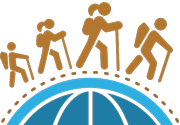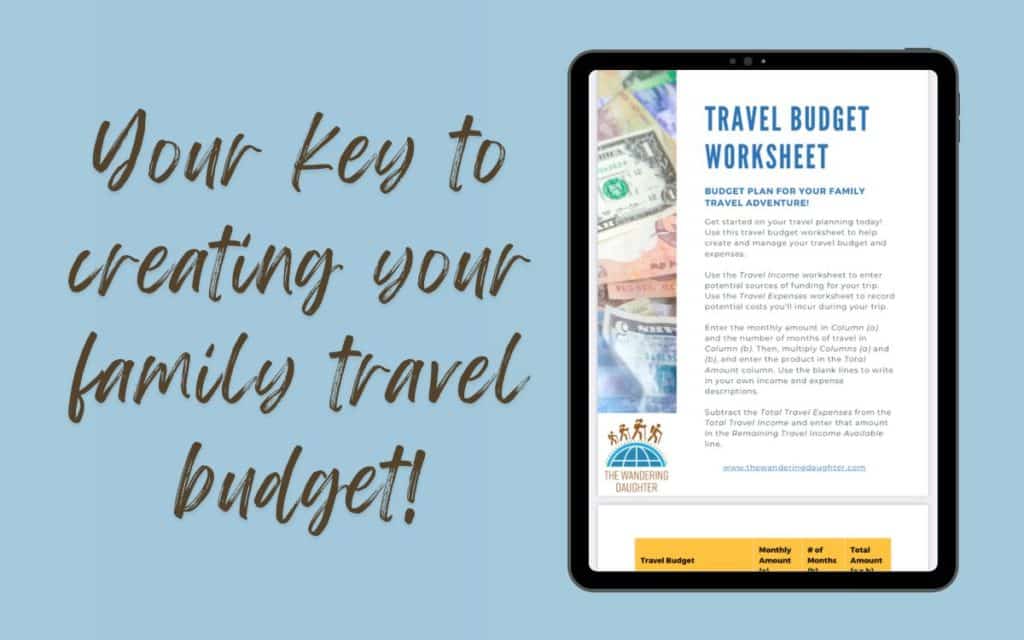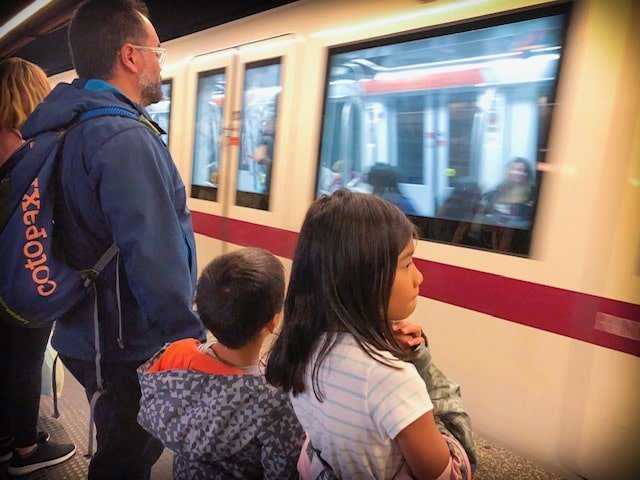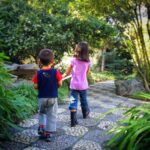11 Helpful Tips For Becoming a Worldschooling Family
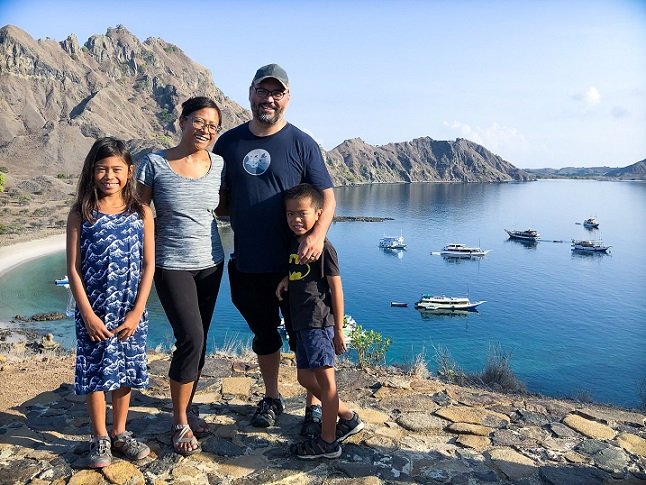
As we continue on our family gap year, we've been enjoying learning and traveling together as a family. This is what worldschooling is all about! While we're not experts at being traveling homeschoolers, we have picked up a few tips of our own in terms of what it takes to be a worldschooling family.
For the most part, learning together as a family has brought us closer together. Besides experiencing the educational benefits of travel, we've also experienced the relationship benefits as well. Spending time with our kids has afforded us an opportunity to truly get to know them as people.
The full-time traveling lifestyle may not be possible for everyone. But just because you can't travel, it doesn't mean you can't be a worldschooling family. In my opinion, any family can be a worldschooling family. You just need to know shift your perspective to become one.
This post was updated on May 19, 2020.
This post may contain affiliate links. That means I may receive a small commission if you click on the link and purchase something. But don't worry, this will not result in any extra costs to you.
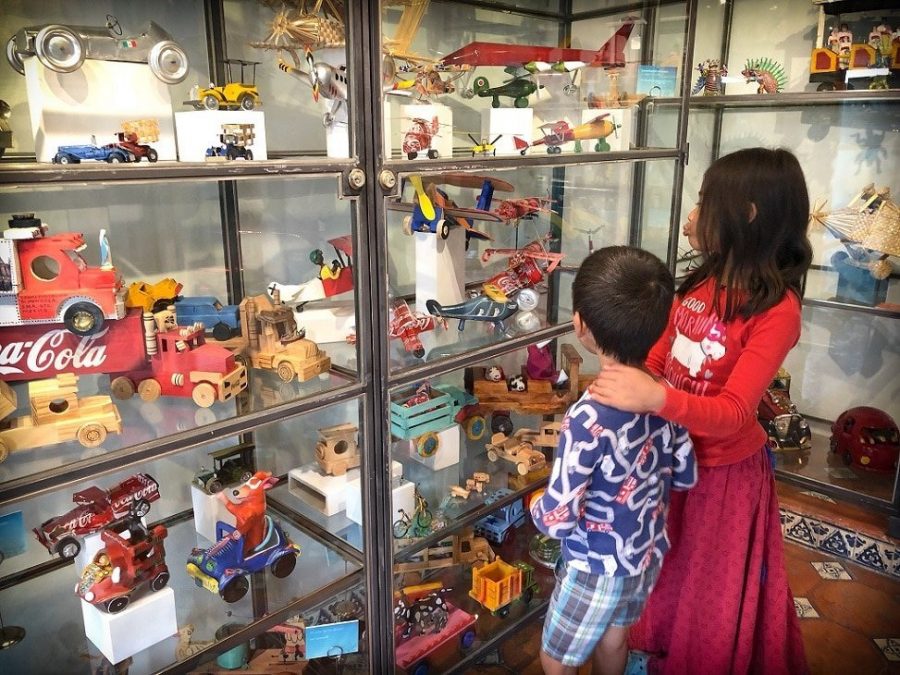
Becoming a worldschooling family
I once received an email from a friend of mine who was also traveling around the world with his family. His family started their trip around the same time as us, and we both have kids who were previously in traditional schooling. He was curious how we were handling being a worldschooling family, and if I had any suggestions and tips on worldschooling.
To be honest, I'm just learning as I go. We have our good days, when the kids are excited to do their lessons. And we also have our bad days. Sometimes I have weeks where my daughter cries during every single math lesson! Being traveling homeschoolers isn't always easy, and it can be quite challenging at times. But I think it can be doable for families if they have the right tips, support, and encouragement.
The wonderful thing about worldschooling is that you don't have to be traveling to do it! There are so many homeschool activities you can do right in your own home town. If you're interested in becoming a worldschooling family, here are a few tips to help you get started.
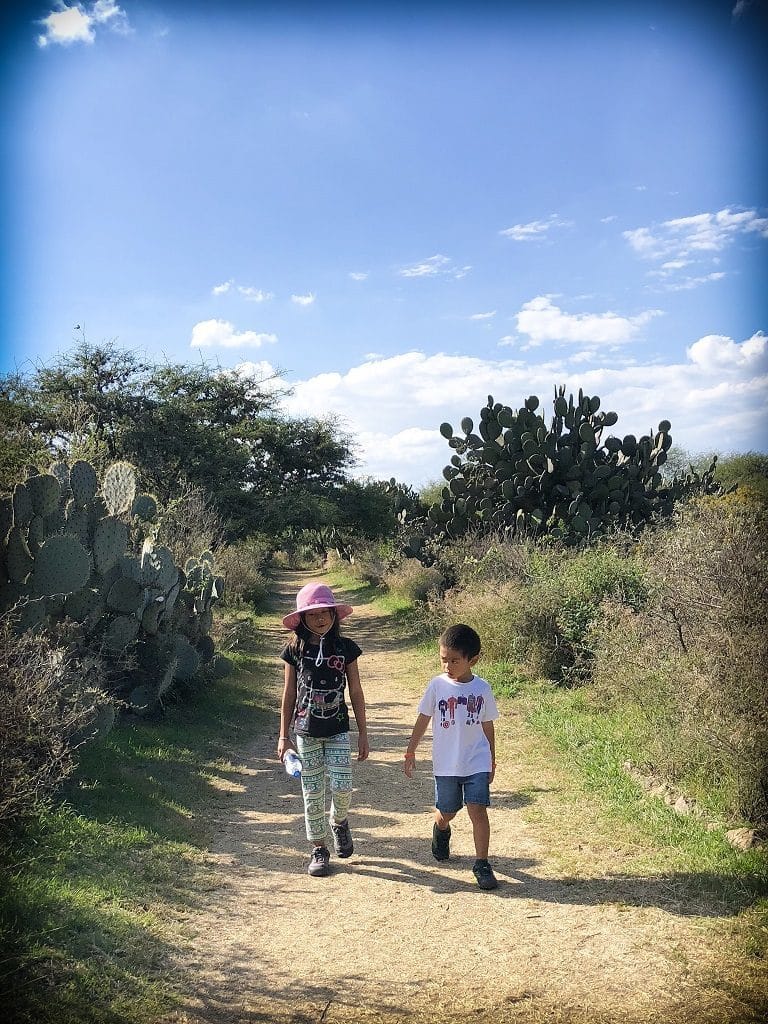
1. Practice patience with your kids
Patience is the single most important skill to have as a parent. And if you're worldschooling, it's even more important. Every day is different. It can be influenced by each family members' mood, the schedule for that day, and what you're trying to teach them.
And even topics that your kids were excited about learning one day, may be excruciatingly painful to teach the next day. It helps to have patience. And it also helps to know that you will eventually get through whatever challenge you are currently facing.
Click here to read more posts about what it's like to raise kids who are passionate about travel.
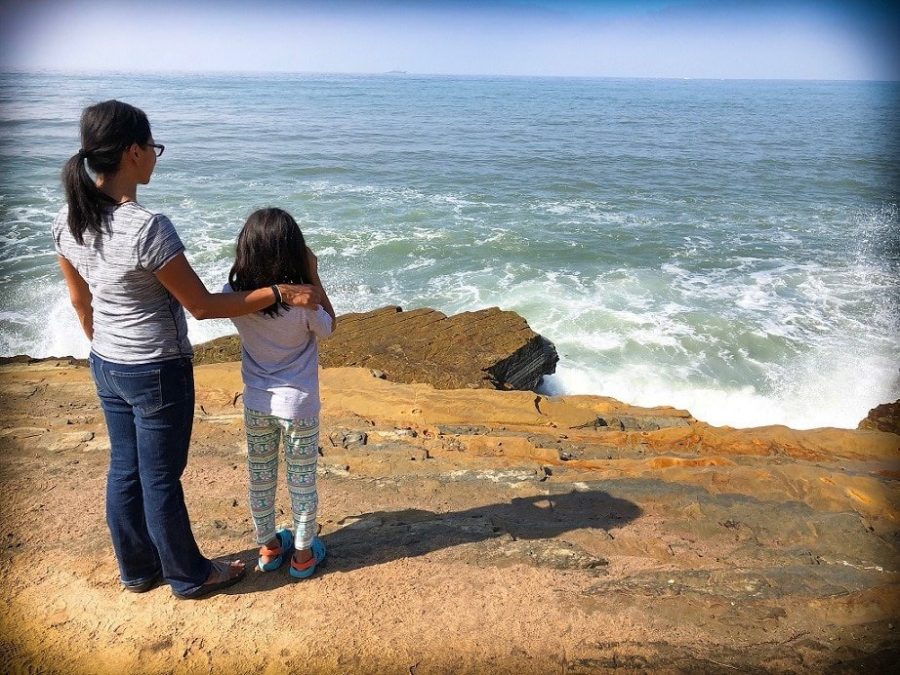
2. Be flexible when you're just starting out as a worldschooling family
For a brief period of my life, I was a preschool teacher. And one of the skills I learned about being a preschool teacher was flexibility. If something isn't working, don't stress about drilling it. Be flexible and try a different approach.
My daughter is a perfectionist. And she will shut down if she starts to make mistakes. This is particularly challenging when trying to teach her math. Even simple concepts she already understands will seem like rocket science to her when she gets into her "I can't do anything right" moods. So I pivot. I try and be flexible. I look for a different approach to explaining that particular concept to her.
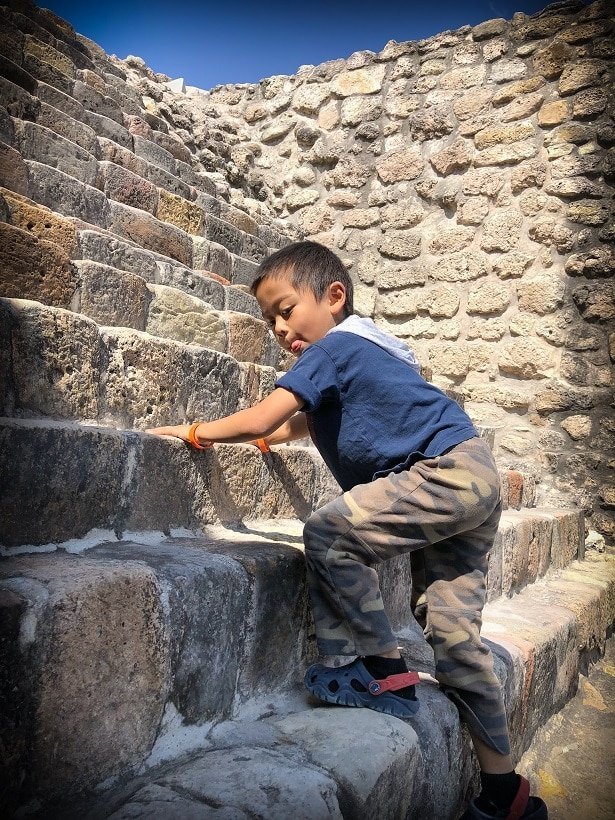
3. Focus on the fundamentals
As traveling homeschoolers, we are responsible for the education of our kids. But that doesn't mean that we have to go overboard on the topics we teach our kids. If you're just starting out being a worldschooling family, it's helpful to focus on the fundamentals at first: reading, writing, and math. And even if your kids are still in traditional school, focusing on these fundamental skills is still important.
In my opinion, every other subject is an offshoot of these fundamental topics. Reading and writing skills can allow you to branch out into science, history, social studies, and even philosophy. Having skills in math can help you in life skills, building things, constructing things, and even in art. Rather than stressing about having your kids master everything, focus instead on developing skills in the fundamentals.
Check out these resources we use to build on the fundamentals:
What Your First Grader Needs To Know
Internet connection is key for worldschooling. Read your options for international WiFi.
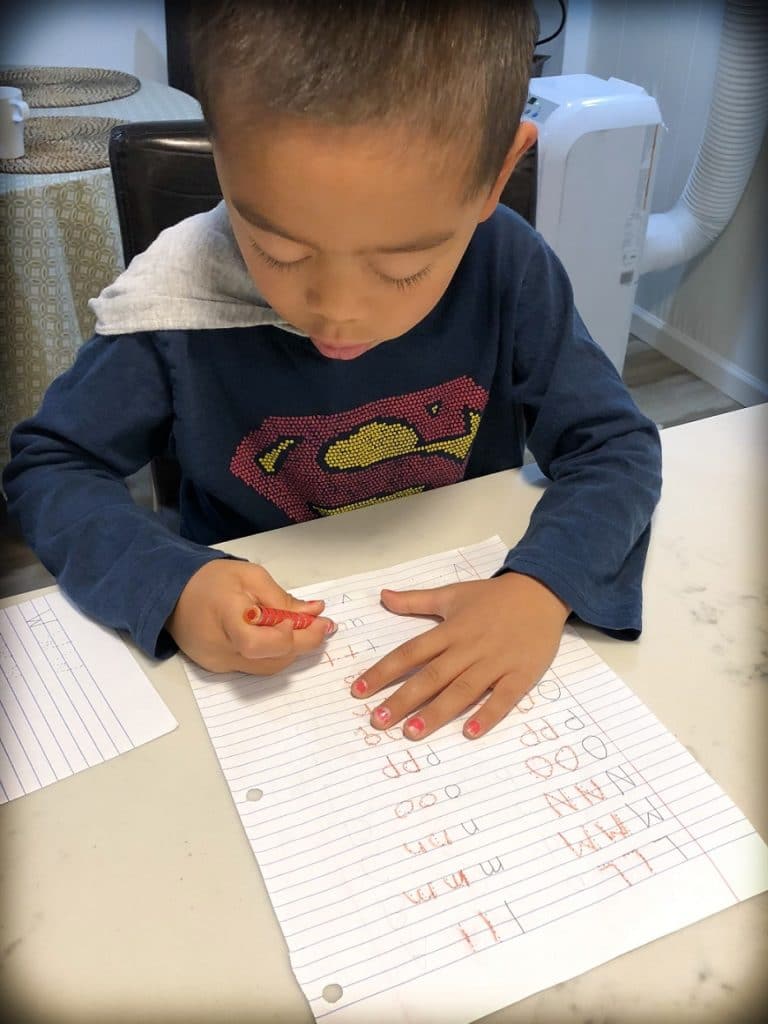
4. Don't be afraid to experiment with what works for your worldschooling family
The wonderful thing about the worldschooling community is that we're all just trying to figure it out. Some families follow a curriculum, while others are much more like unschoolers. These families don't adhere to any type of curriculum, and instead let experiences teach their kids.
Some families follow a school calendar, alternating between vacation and back to school. Other families school all year round.
Since every child is unique, every family's approach to teaching is unique. And that's the same with our family. Some days, we'll spend our learning time out at museums, like what we do when we visit London with kids. Other days, it's more focused learning time with books and YouTube videos.
As a worldschooling family, we're always experimenting with different approaches to teaching our kids. We keep the ones that work, and discard the ones that don't. As our kids grow and learn, our approaches must also grow and learn. Even if your kids are still in traditional school, experimenting with different teaching styles can help supplement what they're learning at school.
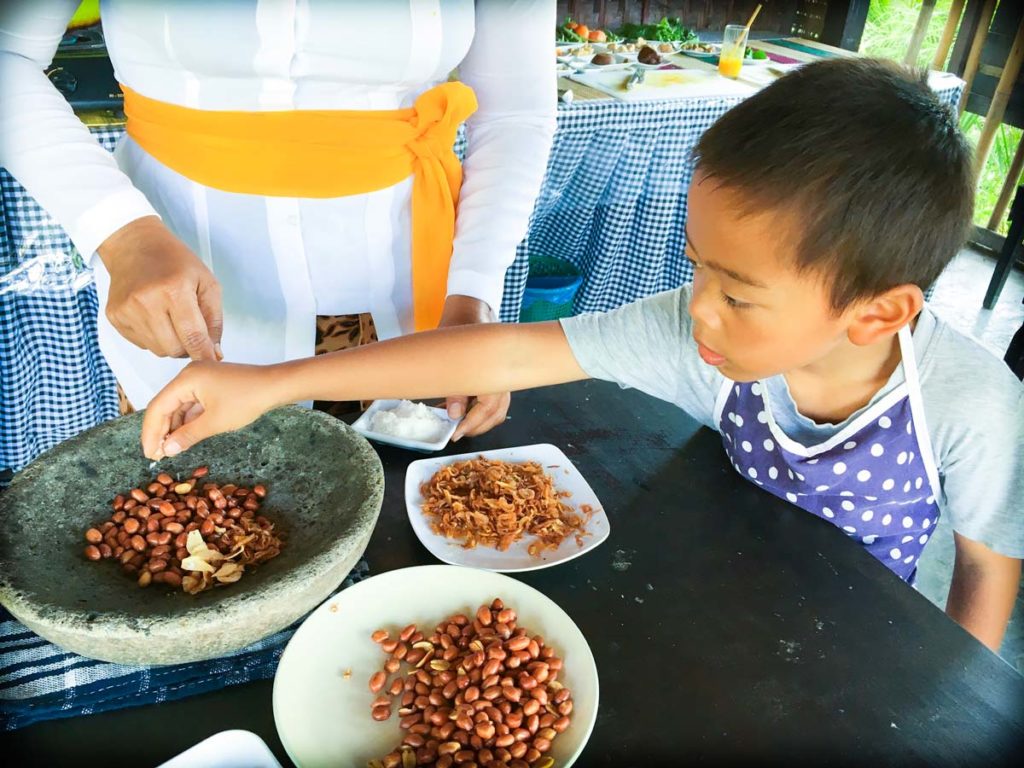
5. Make spreadsheets your friend
Depending on the schooling regulations of your hometown, state, or country, you may be required to keep a record of your homeschooling lessons. In Washington state, where I'm from, parents are required to cover eleven subjects throughout the course of the year: reading, writing, spelling, language, math, science, social studies, history, health, art and music appreciation, and occupational education.
One simple way I keep track of what subjects we've covered as a worldschooling family is with a spreadsheet. I use Google Sheets, so that I can access it on my phone as well. My spreadsheet records the date of our lesson, a brief description of the lesson we did, the subject we covered, and the minutes we spent on that lesson. That way, if my child's school district asks for a record, we have something to show them.
If you're not comfortable with putting together a spreadsheet yourself, there are plenty of homeschooling resources that are dedicated to record keeping. Some are free, and some cost a premium, but it's worth investing some time (and or money) to keeping a record of your kids' learning.
Want to get organized about traveling around the world with your family? Take a look at my tips for planning an around the world trip.

6. Take advantage of field trips for your worldschooling family
I'm going to let you in on a secret, I don't always teach lessons every day. One of the things I love about worldschooling is that we don't always have to rely on formal lessons to teach our kids. In fact, my favorite way to teach is to take field trips.
So far during our travels, we've used museums and field trips to teach our kids about science, history, art, and even social studies. In the United States, we used our science museum membership to take advantage of the reciprocal program at museums around the country. We were able to get into over ten museums for just $100!
In Mexico, we visited art museums, old style haciendas, pyramids, and even a farm. And when we were visiting the West Midlands in England, we had so much fun visiting places like Warwick Castle and the Black Country Living Museum. My kids always enjoy the experiential learning aspect of field trips.
If you're traveling through the United States, try taking field trips to these national parks in the West.
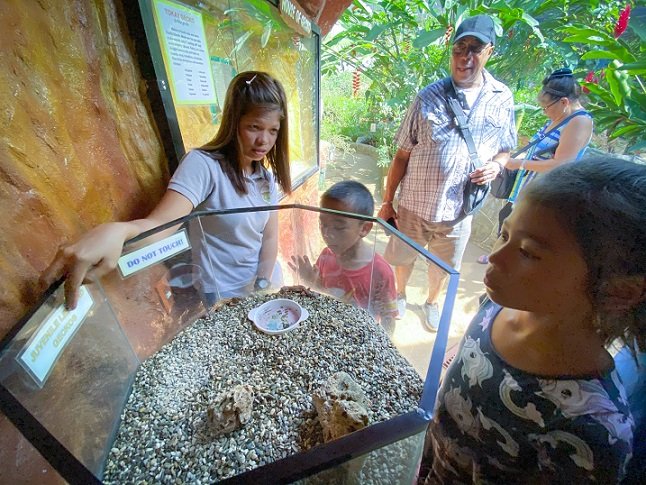
7. Let others help teach your kids
Another secret that I'll let you in on is this: I'm not my kids' only teacher. During the summer, while we were in Spokane, we enrolled our kids in swimming lessons. While we were at a family travel conference, our kids had teachers who would teach them games and activities. And when we were in Indonesia, we enrolled our kids in Indonesian lessons.
If there's a subject that you're not sure about teaching to your kids, find an expert who can teach it to your kids instead. I've even heard of tutors doing lessons via Skype! Nowadays, technology makes it so easy to find a tutor in virtually any subject. A friend of mine who homeschools her kids loves using online classes at Outschool to teach her kids.
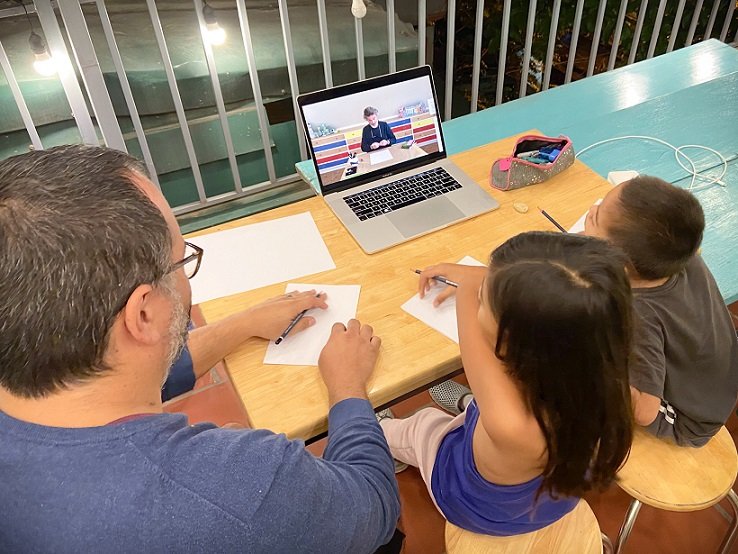
8. Find learning opportunities everywhere
Related to taking field trips, I always try and find learning opportunities everywhere we go. The benefit of being traveling homeschoolers is that we're always trying to explore the cities that we're currently living in. This makes it easy to find learning opportunities for our kids.
A visit to the local market can become a lesson in money or occupations. Ordering food at a restaurant can be a lesson in the Spanish language. Figuring out how to go to the park can become a lesson in geography. A hike in the jungle in Costa Rica is a great science lesson. We try and be creative with our lessons. And we make sure that the kids are still having fun while they're learning.
As you're traveling and teaching your kids, remember that travel is a privilege. Don't be afraid to discuss these privileges in travel with your kids as well.
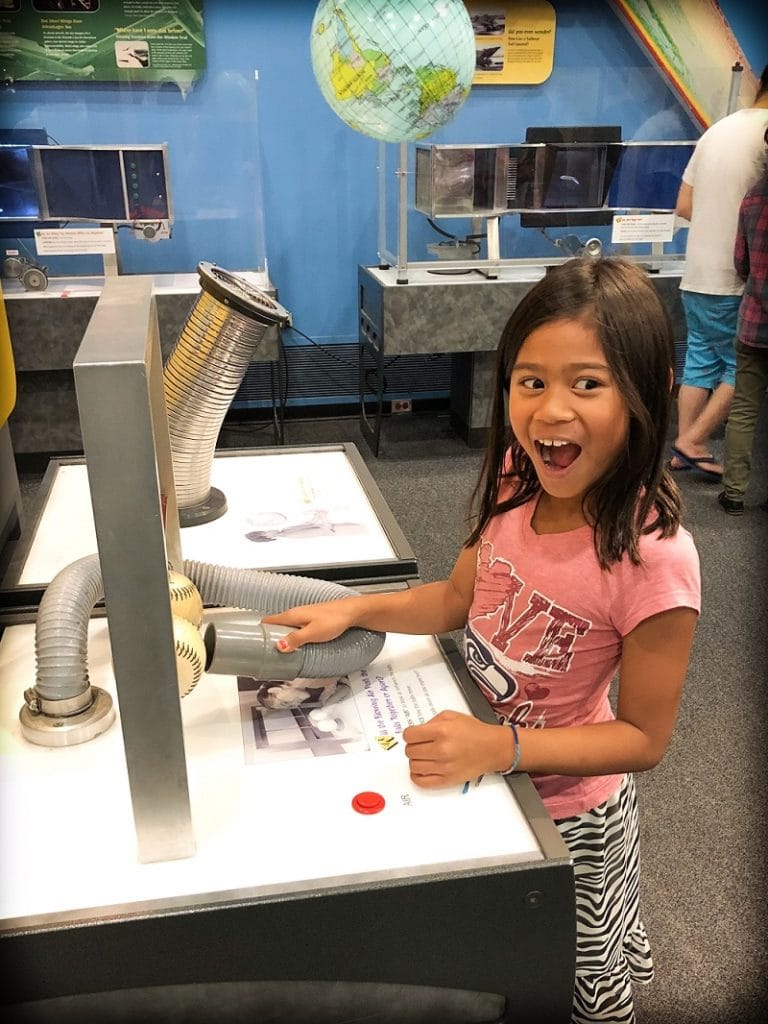
9. Don't be afraid to use free or online resources
We actually enjoy watching YouTube videos together as a family. Our favorite educational channels are Geography Now, Crash Course, and SciShow. And when we do math and reading, we like to use apps like Khan Academy and Kindle so that our kids can do their lessons on their devices.
If your kids are into electronics, don't try to fight it. Instead, work with it. In this age, being able to navigate technology and utilize it well is a valuable skill to have. Reinforcing technology skills will help your kids be competitive in the job force later on as well.
For now, find apps that are fun and educational to do with your kids. You can still limit their Minecraft and Roblox time, but give them an opportunity to try out other apps.
Click here to find more than 40 valuable worldschooling resources for families.
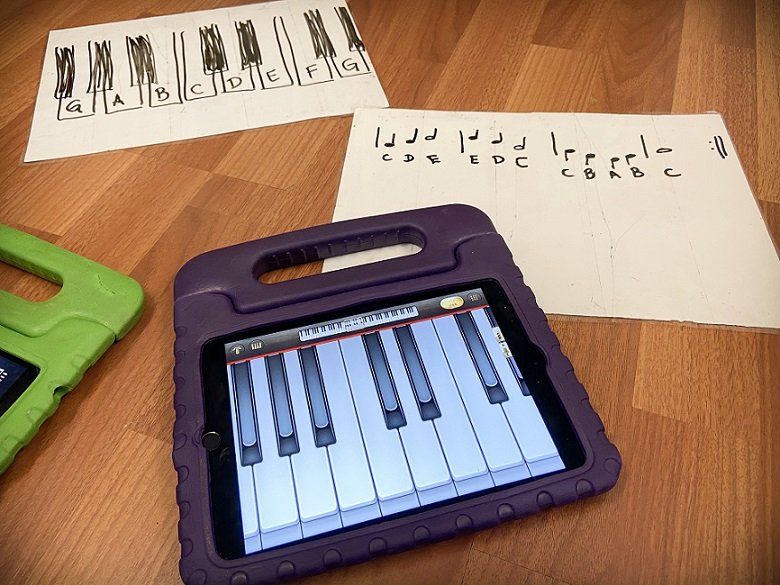
10. Connect with other families
Having a community is important for any family. And for a worldschooling family, connecting with like-minded families means having access to a network of families all around the world.
When we were in Indonesia, we attended a pop-up intentional community on the island of Bali where we met more than thirty other families who were leading lifestyles similar to ours. Many of these families we still keep in touch with to this day.
Besides joining meetups and pop-up communities, families can also join permanent worldschooling communities to meet other families. In Mexico, friends of ours run a worldschooling community called Anahata Worldschooling Community, located near Cancun. Programs like these offer families to connect and bond with other families, and develop a sense of community.
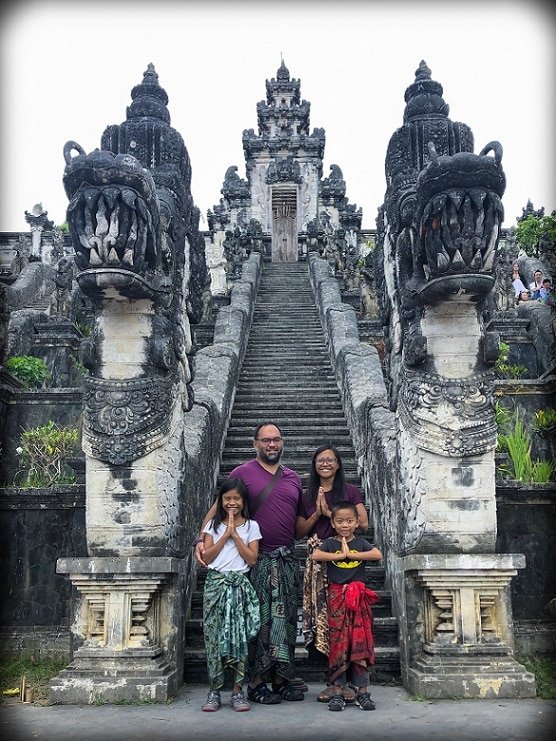
11. Give your kids a break
When worldschooling days get hard, sometimes it's good to give your kids a break. Don't feel like you're wasting time doing this, or messing up your kids' learning.
If you're slow-traveling, taking a break from travel experiences from time to time isn't that big of a deal. And even if you're traveling relatively fast, it's okay not to see everything and do everything.
Kids need a break, just as much as adults do. And a break can often give you a chance to rethink your approach to teaching and try something new next time. Remember that there is always tomorrow!
Take a look at how traveling slowly can also be a much more sustainable way to travel.
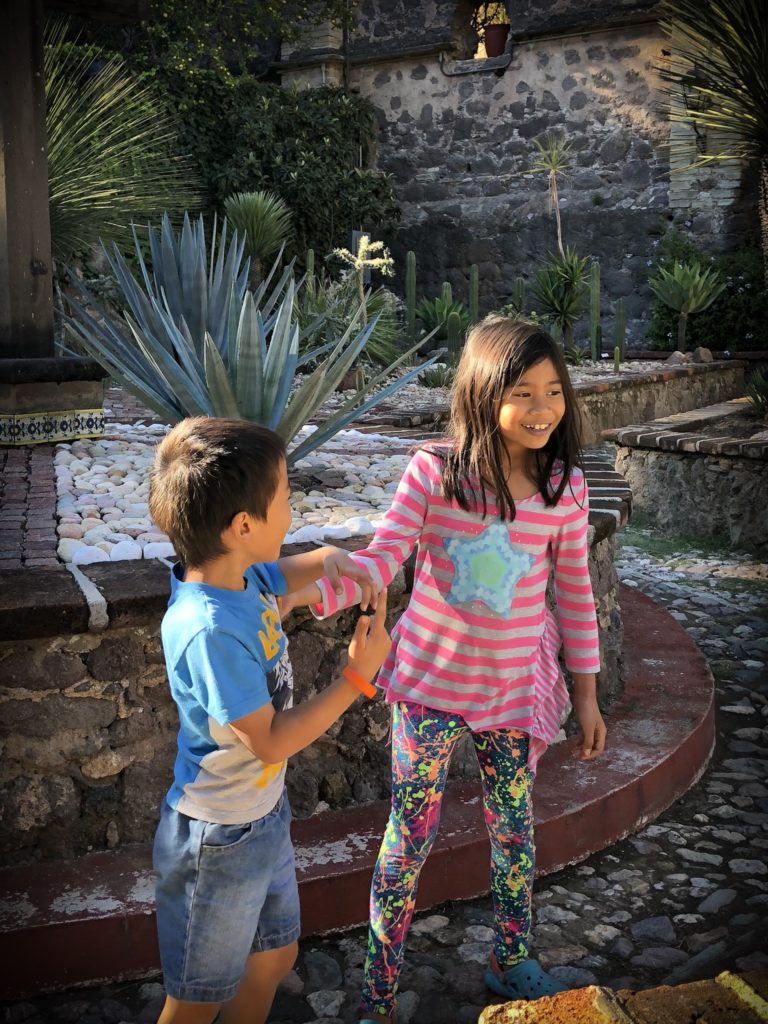
Building a foundation for your worldschooling family
As a worldschooling family, we've definitely had our good days and bad days. And sometimes the bad days can be horrible ones, at that! But in my opinion, the benefits of worldschooling are worth going through the bad days.
Even now, my kids have learned so much from being traveling homeschoolers. They've picked up several words in Spanish, and they've learned about some of the culture of the indigenous people of Mexico. But mostly, worldschooling has become part of our family's culture. We have made it part of our children's learning. And we know that it will continue to be part of their learning, even when we come back to Seattle.
Are you already a worldschooling family? Share in the comments how you make worldschooling part of your family's travel experience.
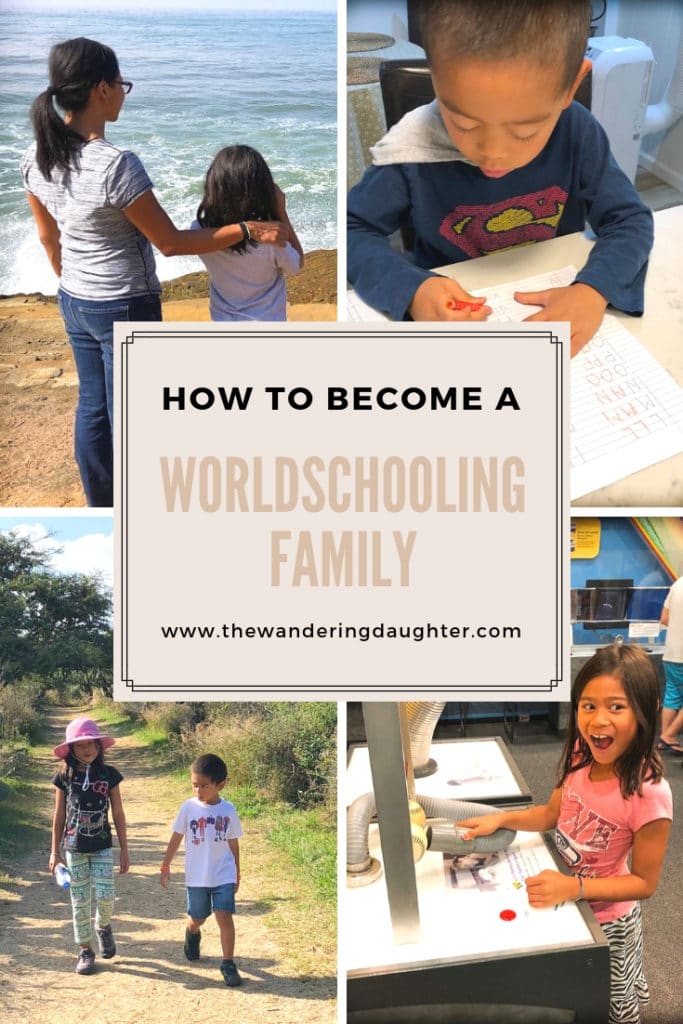
Need help thinking through how to budget for a family trip? My Travel Budget Worksheet is just the tool you need! Click here to receive your free copy by signing up for my newsletter.
Want to connect with me on social media? Find me on Facebook, Instagram, Pinterest, and Twitter. And for those of you who are dedicated to traveling more responsibly, sustainably, and ethically, join over 500 like-minded families on my Facebook group, Responsible Family Travel.
